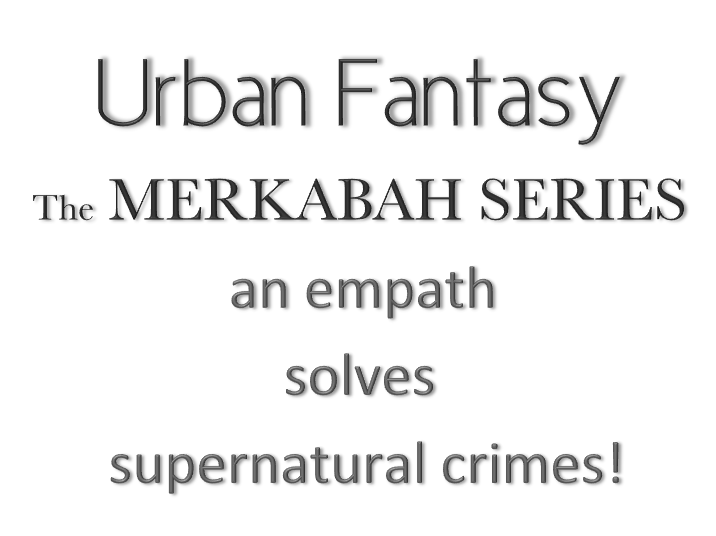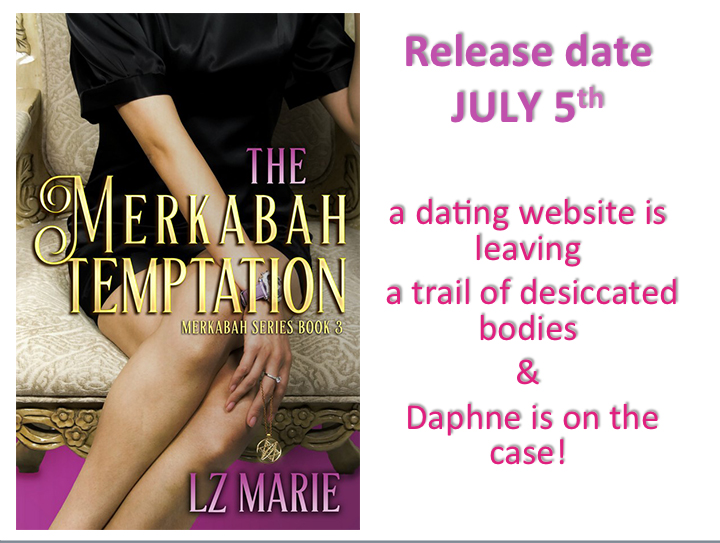 There is a season…write, write, write—what? That’s not the song’s lyrics?
There is a season…write, write, write—what? That’s not the song’s lyrics?
Before you write that plot, stop and think about season! ( Even Southern California has seasons–sort of).
The symbolism found in seasons has deep roots in literature…and life! That’s because seasons really mattered in ancient times. Agrarian societies depended on seasons ( and weather) to plow, grow, and harvest food. Agriculture united peoples, tribes, and groups. It was a means of achieving wealth. Food is life! So, naturally, seasons, because they are tied to farming and thus food and thus life, were fraught with all kinds of symbolic meanings.
Here’s a few seasonal considerations:
Spring: The cycle of life is beginning
-
Youth & childhood.
-
Folks are hopeful, fresh, and anticipatory.
-
New life emerges from plants. Rain nourishes new life.
- Buds, flowers, birds, butterflies, sunshine…all good.
-
Folks sow seeds.
-
Think: A fresh start. A new beginning. Rebirth. Resurrection ( Easter)
Summer: Life is in full swing.
-
Young adulthood
-
Energy & vitality is abundant.
-
Romance and passion sizzle during summer’s hot months.
-
Think: Grease, “summer lovin’ happened so fast..”
-
Food is plentiful. There are vegetables to harvest and fruit hanging from trees.
-
In The Great Gatsby, on the longest day of the year and in sweltering heat, love, lust, and passion fare up. Thus,
-
With increased temperature brings “heated” arguments and boiling tempers.
- Love and anger are both “hot” emotions.
Fall: Life is reaped and winding down.
-
middle age.
-
Folks are fatigued from the harvest or age.
-
Harvest is associated with abundance and prosperity.
-
Folks give thanks to their god/gods for a plentiful harvest
-
Gratitude for good harvests result in sharing & celebratory feasts.
- A time to count one’s blessings.
Winter: Life is dormant or dead.
-
Old age & death
-
Often equated with anger, resentment, discontent, or hatred. These emotions are equated with “coldness.” NOTE: Anger can be either hot or cold. Is the person hot-headed, or cold-blooded? The anger differs in intensity and outward appearance.
-
Worry and anxiety is another emotion associated with this season, because food had to last through the winter. Religious holidays brought joy to the cold dreary days of winter.
- There’s a great final scene in the movie version of Phantom of the Opera. The old man places a toy on his beloved dead wife’s grave. There, in the dismal gray setting and in white snow, lies the Phantom’s red rose! A vivid contrast and reminder of passions long ago. The scene would not have been the same had it been any other season.
- Season can:
- be a plot device
- be ironic ( a couple finds love in the dead of winter only to break up in the summer)
- be symbolic of a character’s personality; character’s relationship; a theme; a tone; and/or reveal emotions
- foreshadow an event, problem, change in relationship
- be thematic
- be a pattern or mirror someone’s life or plot line.
How effectively are you using season in your novel?
Have fun writing your novel!
By the way, Ceres, goddess of the Harvest, is holding wheat in the picture!
Related Links: Rock Your Writing; Click Amazon for novels.
















Trackbacks/Pingbacks